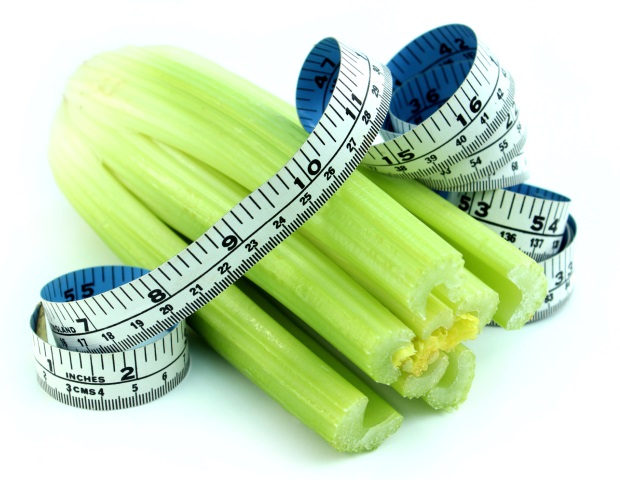
Athletes who attempt to refuel their bodies post workout using plant-based shakes could be wasting their time, a principal lecturer of performance nutrition at the University of Hertfordshire has suggested.
Smoothies and shakes are now widely used post-workout to build muscle tissue, retain energy and speed up recovery. However, when these shakes are made with plant milks, the athlete receives fewer benefits as the protein percentage is less. Oat milk in particular, which has a very low protein content compared to cow’s milk, makes an ineffective post-workout drink.
That’s according to Dr Lindsy Kass, Principal Lecturer and Researcher in Exercise Physiology and Performance Nutrition at the University’s Centre for Research in Psychology and Sport Sciences, whose work looks at, among other subjects, supplements that assist and detract from athletic performance.
Dr Kass says: “Over the past few years there has been this ‘pushing’ of oat milk as a healthier option to cow’s milk but it is actually very low in protein. It is difficult to ‘push’ the protein value of some plant-based milks without loads of extra protein powders to them, and this seems counterintuitive, unless you are a vegan.”
Athletes that are vegan would be advised to opt for soy milk, which is closest in protein value to cow’s milk, rather than oat, almond, rice or coconut, which are all very low in protein. While people have a tendency to equate ‘plant-based’ with ‘healthy’, it’s important to think about what you’re putting into your body and why.”
Dr Lindsy Kass
| Nutritional comparison of plant-based milk alternatives | |
| Type | Protein (g, per 240 ml serving) |
| Cow | 8 |
| Soy | 7 |
| Quinoa | 4.5 |
| Oat | 2.5 |
| Hemp | 2 |
| Sesame | 1.5 |
| Hazelnut | 1.4 |
| Rice | 1 |
| Almond | 1 |
| Coconut | <1 |
Source:
University of Hertfordshire















